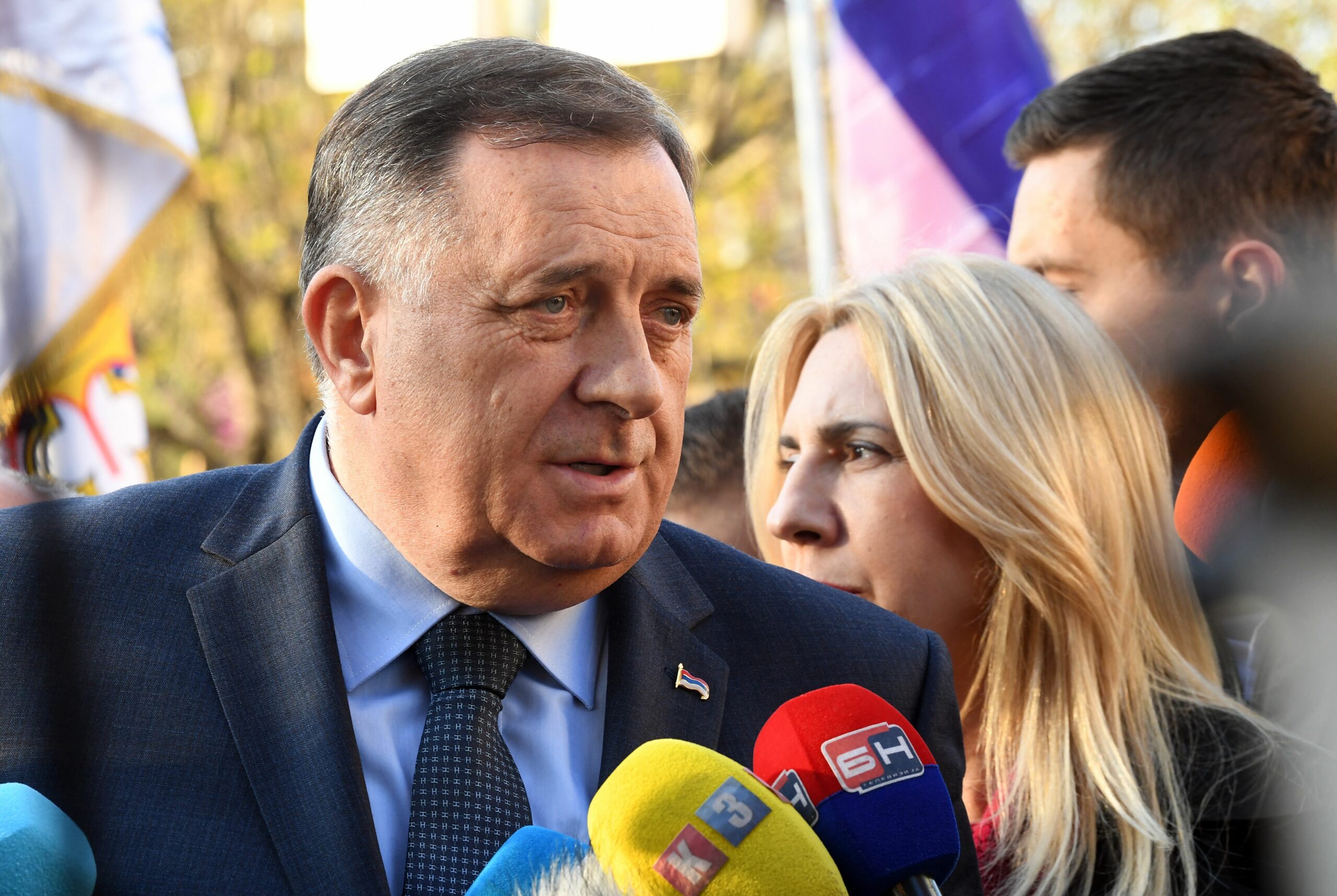The Russian invasion of Ukraine will probably have only a limited impact on our forecasts of political instability in the Western Balkans.
This assessment was issued to clients of Dragonfly’s Security Intelligence & Analysis Service (SIAS) on 22 April 2022.
Our standing assessment is that Bosnia and Herzegovina (BiH) and Serbia in particular are becoming less politically stable and predictable environments this year. However, this is more due to internal dynamics than the role of Russia, as the war in Ukraine and related sanctions are absorbing most of its diplomatic attention and capacity. Amid signs the West is increasingly engaged in the region, we are maintaining our crisis risk levels at moderate for BiH and at low for Serbia.
Since the Russian invasion, Western governments appear increasingly concerned about the stability of the Western Balkans. Early this month, the German foreign affairs minister warned of ‘Russian destabilising efforts’ in the Western Balkans, particularly in BiH. And last week the UK joined the US in imposing sanctions on Bosnian Serb secessionist leader Milorad Dodik. In a sign of greater regional engagement, on 24 February the EU and NATO nearly doubled the still-modest peacekeeping force in BiH from 600 to 1,100 troops, noting a ‘deterioration of the security situation internationally’.
BiH will probably be the primary concern for regime instability in the region in the coming months. Over the past six months, Mr Dodik has renewed long-standing calls for secession of the Serb-run entity Republika Srpska (RS). And while last week he postponed plans to create a separate army, similarly provocative moves are highly likely to recur ahead of a general election in October. In our analysis, this serves two main goals; to boost his support base, and to leverage autonomy from federal and international institutions in the country.
Russia’s backing is essential to an RS push for independence, which is unlikely in the medium term. Russia has been its main international ally for decades, but it has stopped short of openly supporting any RS unilateral secession. And the Kremlin has been less supportive of Mr Dodik than usual since late last year when he revived his secessionist rhetoric. In our analysis, RS staying as part of BiH serves Russia’s interests better as it hinders BiH’s accession process to the EU and NATO. Support from Russia is likely to remain limited particularly now that its diplomatic attention and capacity are concentrated on Ukraine.
Russia has become a less attractive partner in the Western Balkans since the invasion. Serbian president Vucic is now struggling to maintain its traditional balancing of foreign policy with the West and Russia. After the invasion, the country aligned with the former to vote against Russia in UN bodies, but refrained from imposing sanctions. We anticipate growing international and domestic pressure on Mr Vucic to choose a side in the coming months. The main indicator of this trajectory will be the choice of coalition partner in the ongoing government formation, which Mr Vucic will probably delay for as long as possible.
Pushes for NATO membership in BiH, Serbia or Kosovo, the only non-NATO countries in the Western Balkans, would be the main trigger for Russian re-engagement in the region and for a potential source of crisis. An alleged Russian planned coup in Montenegro in 2016 was reportedly aimed at preventing the country from joining NATO. But a further NATO enlargement in the region is unlikely at least in the medium term. In BiH, the RS is strongly opposed. Serbia has never shown interest in joining NATO. And four NATO countries still do not recognise Kosovo’s independence, making its candidacy inadmissible.
Image: Pro-Russian Bosnian-Serb hardline leader, Milorad Dodik, gathers with supporters in the centre of the Northern-Bosnian town of Banja Luka on 20 April 2022. Photo by Elvis Barukcic/AFP via Getty Images.




